Syrian Arab Air Force
Key facts
| Official Name | Syrian Arab Air Force |
| Local Name | القوات الجوية العربية السورية (Al Quwwāt al Jawwiyah al ʿArabīyah as Sūrīyah) |
| Country | 🇸🇾 Syria |
| World rank | #47 |
| Active aircraft | 414 as of 2026 |
| Aircraft on order | 0 |
| Roundel |
|
Global Air Force Index
| 💥 Strategic Bombers | 0 | Nuclear-capable strike aircraft (highest weight) |
| ✈️ Combat Aircraft | 225 | Fighters, multirole & attack aircraft |
| 🚁 Helicopters | 153 | Attack, transport & utility rotorcraft |
| 🛫 Transport | 5 | Strategic & tactical airlift |
| 📊 Total Active | 414 | All aircraft types |
Methodology: Square root scaled index weighted by aircraft combat capability. Strategic bombers score highest due to nuclear strike capability.
Aircraft by type in 2026
| Aircraft type | Active | |
|---|---|---|
|
|
225 | |
|
|
153 | |
|
|
29 | |
|
|
5 | |
|
|
2 | |
Origin countries of aircraft
| Country | Active Aircraft | |
|---|---|---|
| 🇨🇳 Ex-USSR | 321 | |
| 🇫🇷 France | 62 | |
| 🇨🇿 Czech Republic | 23 | |
| 🇸🇪 Sweden | 6 | |
| 🇺🇸 United States | 2 | |
Evolution of Syrian Air Force fleet
Overview
The Syrian Arab Air Force (SyAAF) is structured around two primary operational commands, the 20th and 22nd Air Divisions, which are responsible for the southern and northern sectors of the country, respectively. These divisions comprise several fighter-bomber, interceptor, and helicopter brigades. Additionally, independent helicopter brigades handle transport and logistics, while the Air Force College operates training squadrons. For decades, the force’s command structure was dominated by officers loyal to the Assad regime, a factor that ensured its operational continuity despite significant defections during the Syrian Civil War. The land-based air defense systems are organized under a separate branch, the Syrian Air Defence Force.
Operationally, the SyAAF's capabilities have been severely degraded by more than a decade of civil war. Before 2011, its inventory consisted largely of aging Soviet-era aircraft, with questionable serviceability and a lack of modern precision-strike capabilities. The civil war inflicted substantial losses in both aircraft and experienced personnel, with estimates of over 180 airframes destroyed by 2020. Throughout the conflict, the air force's primary function shifted to supporting Syrian Army ground operations and conducting widespread aerial bombardment of opposition-held territories, often with unguided munitions. While largely ineffective against well-dispersed military targets, it was a principal tool for the regime to project power and inflict damage on civilian areas. Operations were consolidated to a small number of secure airbases, such as Shayrat, Dumayr, and Tiyas.
The strategic doctrine of the SyAAF under the Ba'athist regime was centered on regime preservation. Its primary roles evolved into domestic counter-insurgency, air support for loyalist ground forces, and the punishment of hostile populations. Engagements against sophisticated air forces, such as Israel's, have been historically unsuccessful, revealing significant technological and training deficits.
During the Syrian Civil War, the air force was a key instrument of the Assad government's war effort, flying a high number of sorties. Russian intervention from 2015 provided critical support, supplementing the SyAAF's efforts and, to some extent, improving its operational tempo and coordination. Efforts focus on maintaining the existing, depleted fleet with foreign technical assistance to ensure it could continue its assigned missions. The collapse of the Assad regime in late 2024, and subsequent Israeli airstrikes on airbases, leaves the future structure, capabilities, and doctrine of the Syrian Air Force uncertain.
Full inventory in 2026
Syrian Air Force
| Aircraft Type | Model | Origin Country | Model Year | Active | 𝚫 YoY | Ordered | ||
|---|---|---|---|---|---|---|---|---|
| MiG-23 | 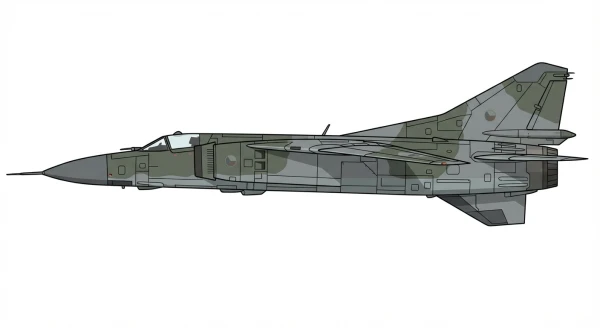 |
🇨🇳 | 1970 | 87 | 0 |
0 |
||
| MiG-21 | 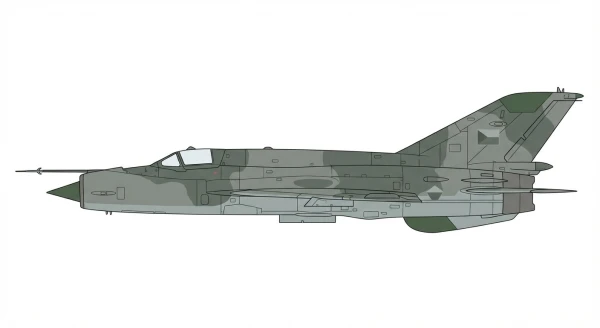 |
🇨🇳 | 1958 | 50 | 0 |
0 |
||
| Su-22 | 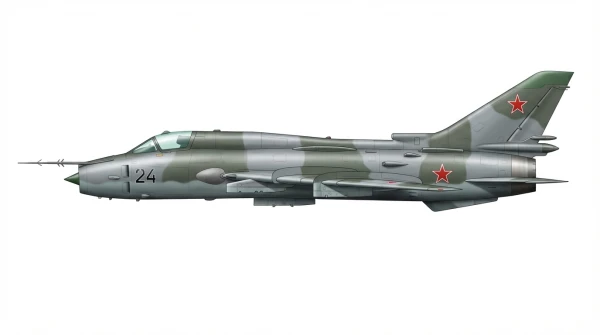 |
🇨🇳 | 1971 | 39 | 0 |
0 |
||
| MiG-29 | 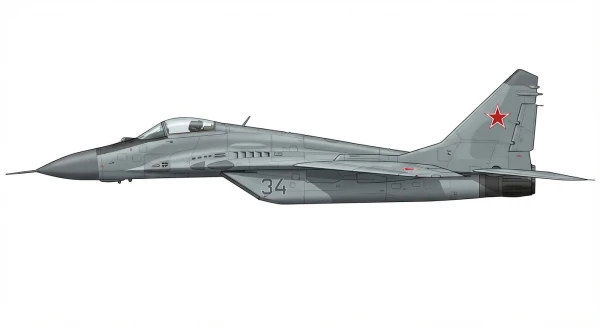 |
🇨🇳 | 2009 | 29 | 0 |
0 |
||
| Su-24 | 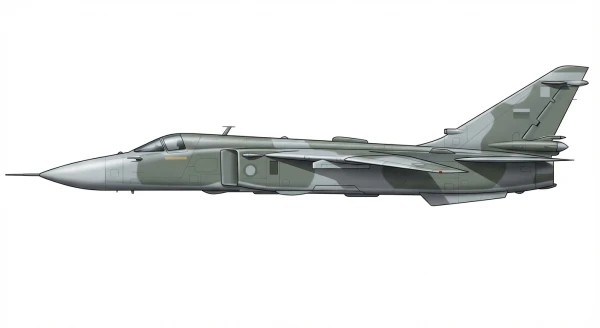 |
🇨🇳 | 1973 | 18 | 0 |
0 |
||
| MiG-25 | 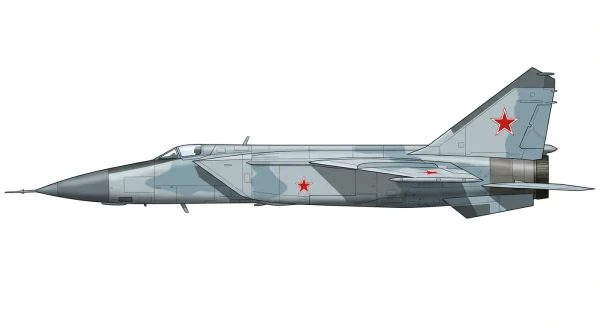 |
🇨🇳 | 1970 | 2 | 0 |
0 |
||
| SA342 | 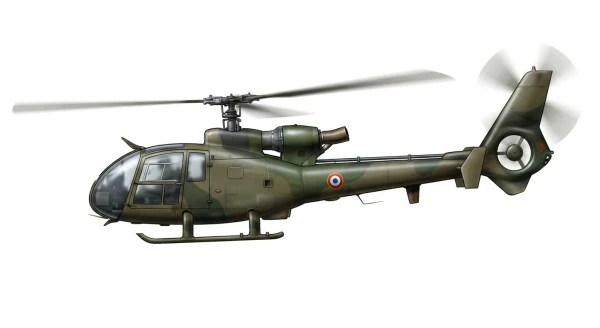 |
🇫🇷 | 1971 | 62 | 0 |
0 |
||
| Mi-8/17 | 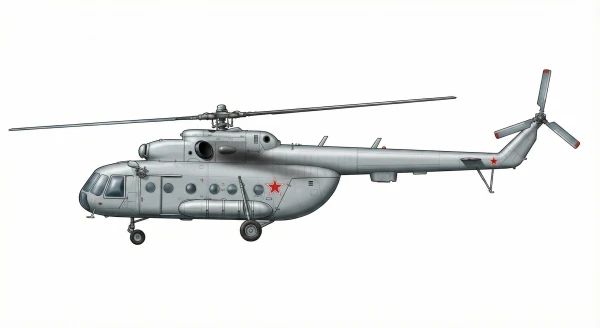 |
🇨🇳 | 1967 | 49 | 0 |
0 |
||
| Mi-25 | 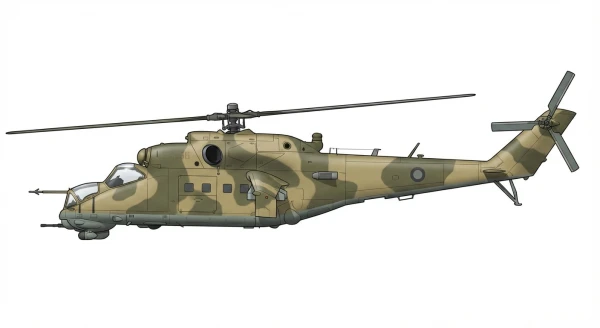 |
🇨🇳 | 1972 | 27 | 0 |
0 |
||
| Mi-14 | 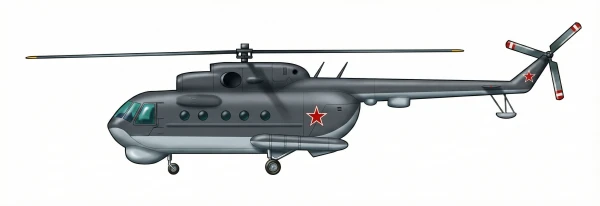 |
🇨🇳 | 1975 | 10 | 0 |
0 |
||
| Mi-2 | 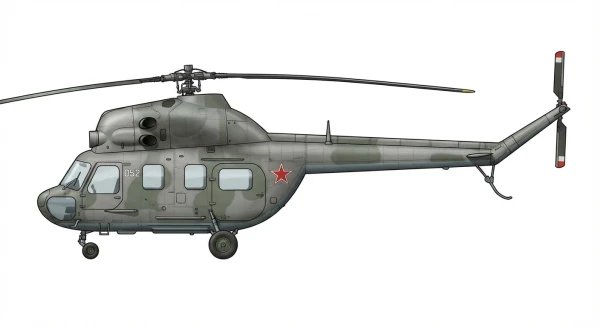 |
🇨🇳 | 1965 | 3 | 0 |
0 |
||
| Ka-28 | 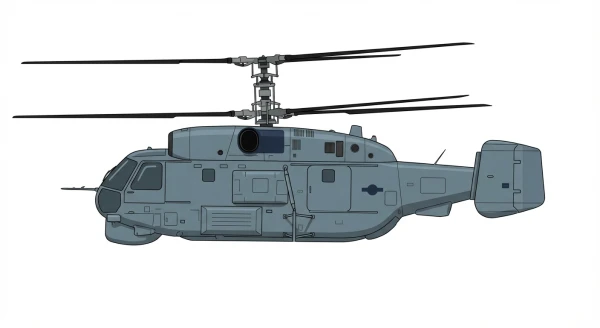 |
🇨🇳 | 1982 | 2 | 0 |
0 |
||
| An-26 | 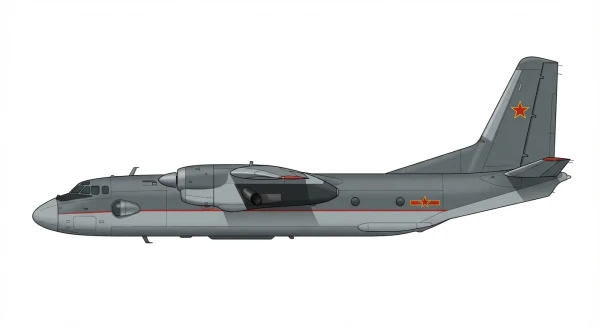 |
🇨🇳 | 1969 | 3 | 0 |
0 |
||
| Il-76 | 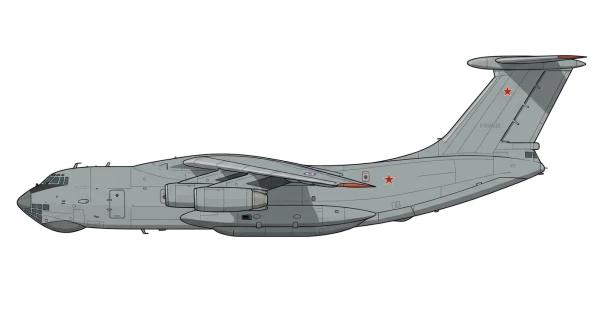 |
🇨🇳 | 1974 | 2 | 0 |
0 |
||
| L-39 | 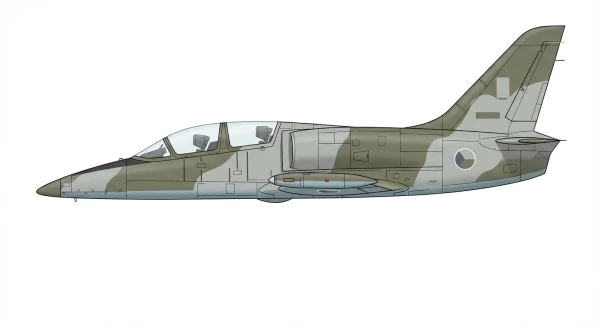 |
🇨🇿 | 1972 | 23 | 0 |
0 |
||
| MFI-17 | 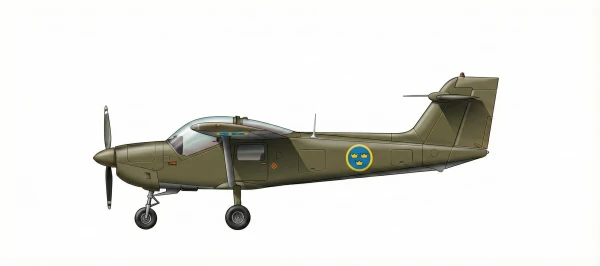 |
🇸🇪 | 1972 | 6 | 0 |
0 |
||
| PA-32 | 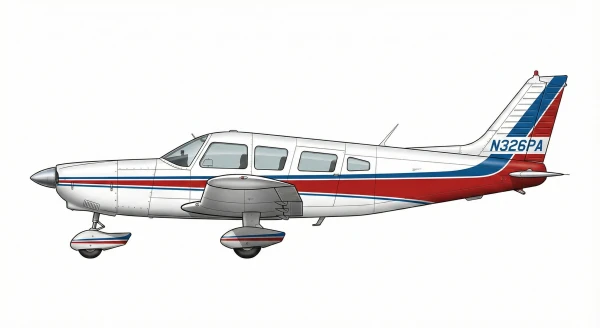 |
🇺🇸 | 1965 | 2 | 0 |
0 |
Frequently Asked Questions
How many aircraft does Syria have?
How does Syria's air force rank globally?
How many combat aircraft does Syria operate?
How many military helicopters does Syria have?
What is the Air Force Index of Syria?
Where does Syria get its military aircraft from?
Last updated on 1 January 2026. Suggest a change
